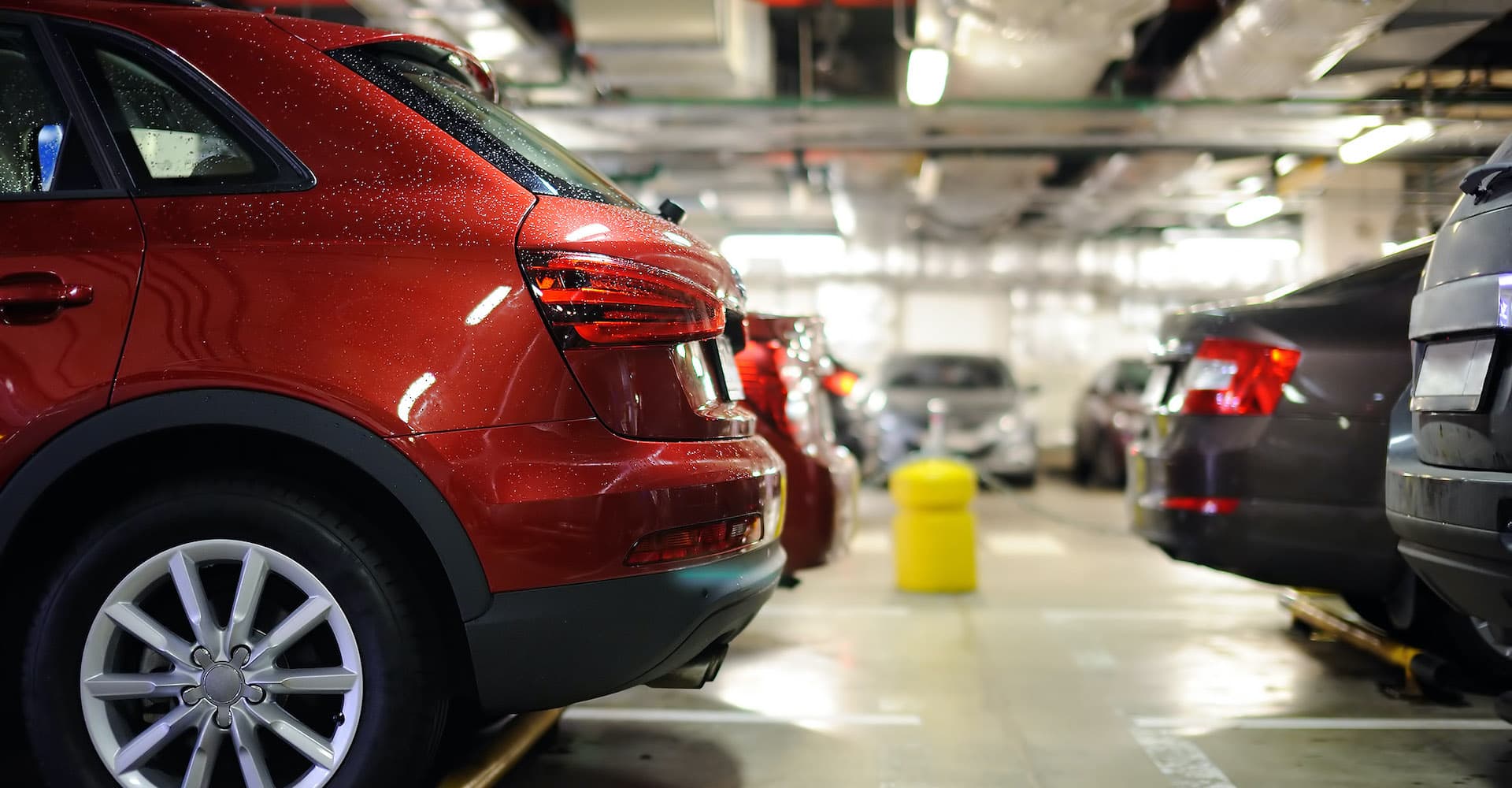Ask anyone who’s searching for a new job what their wish list is and chances are that, salary aside, they’ll be hoping for a host of other benefits – which almost certainly includes a company car.
Who doesn’t want one of those? A car is still high up on the list of many employees’ goals, and for good reason: there’s a great benefit to having a new, maintained, insured and serviced vehicle for work and leisure use. And because it’s a ‘must-have’ for so many people, it’s also a wonderful incentive for employers to attract the high quality staff they are looking for.
One of the most popular ways of running a company car tends to be through a salary sacrifice scheme. So today we’re looking at how these progammes work, and how they compare to other ways of funding your company car.
Before we get into the details of how salary sacrifice and other programmes work, let’s go over the taxation situation. This is a key issue for any company car driver and will have a big impact on whether a company car is right for you and what sort of car you should be choosing.
Benefits mean tax
If you are going to use your company car for private use (as most people do), you have to pay a benefit-in-kind (BiK) contribution, which is a company car tax. This applies to either a company car provided by your employer or a salary sacrifice scheme. If you are taking a car allowance, you dont have to pay BiK.
The level of tax is based on the value of the vehicle and the type of fuel that it uses. The more emissions (CO2) the car produces according to its official government figures, the greater the banding figure. Diesel cars also carry an extra 4% on top of their banding rates.
The BiK figure is then taxed according to your current income tax rate (25%, 40% or 45%). It sounds complicated but there are simple tables available showing CO2 emissions for any chosen car and its relevant banding figure.
So, a £30,000 car with emissions that put it in the 25% BiK banding will give the user a rateable figure of £7,500. That figure is then multiplied by your level of income tax, giving £1,500, £3,000 or £3,375, depending on what you earn.
Salary sacrifice vs other company car programmes
So that’s your tax liability to think about, but which company car scheme is right for you – assuming you have a choice in the matter? There are a few options, each with different implications for employees.
Conventional company car scheme
The traditional model for company cars is that the employer owns or leases a car for its employee to drive. This means that you don’t have to sort out your own finance or generally put very much effort at all into the whole process. Maintenance, insurance and repairs are also usually covered by the employer and you get to drive a new car every two to three years. Simple.
On the downside, you often can’t choose your car, you never own it and, if it’s an expensive model, you could pay a lot in BiK tax. You will also be taxed on your private fuel use.
Car allowance
The car allowance is basically extra cash on top of your salary to help you buy a car and pay for its running costs each month. Normally, the amount of your allowance is broadly similar to what it would cost your employer to provide you with a company car, but this may vary significantly depending on employer policy or whatever you negotiate as part of your job contract.
On the plus side, you get to choose pretty much whatever car you like as it will be your car. You don’t have to spend your entire allowance on the vehicle, so you can choose a cheaper car and save the extra cash. You also don’t have to pay BiK, although you will be taxed at the usual rate on your allowance. You can also keep the car if you leave your job.
On the negative side, it means you probably won’t get a nice new car every two or three years as you would with a company car. Your allowance might also not be enough to cover all your monthly motoring bills, especially if there’s an expensive repair to fork out for.
Salary sacrifice
Under a salary sacrifice scheme, money for your chosen employee benefit (in this case, your car) is taken from your gross salary before any income tax or national insurance contribution is applied. This means your taxable salary is reduced, which in turn means you pay less income tax and national insurance.
When salary sacrifice car schemes were introduced, the savings often outweighed the company car tax incurred, making it a very cheap way for employees to drive a new car. However, tax laws were changed in 2017 to close this loophole and, for cars at least, BiK tax was introduced on the amount of money you were sacrificing.
A salary sacrifice car can still be a good idea, but you have to consider your own personal circumstances. It may well still be cheaper than financing your car on a PCP or PCH from your after-tax salary. Also, many schemes cover road tax, insurance, roadside assistance and maintenance too, all included in your monthly contribution (payment), so that can be tempting.
And – unlike other personal finance products – there’s no credit check, no deposit to pay and you should get protection if you leave your job or get made redundant (although you’ll have to give the car back).
However, there are negatives to consider as well. Your actual salary will be lower as a result of your salary sacrifice, which this could affect the amount of money you can borrow when you apply for a mortgage or other loan. It could also affect your amount of sick pay and even your pension plan, as the percentage amount of your now-lower salary will be less.
Choosing a sports car or gas-guzzler with high CO2 emissions might cost you more in tax than the income tax saved on the amount you have sacrificed too, so it’s always going to be wise to look at lower CO2 emitting vehicles.
Enter the electric vehicle
Rapidly growing demand from both drivers and employers for electric cars, helped by a looming ban on new petrol and diesel cars by the end of this decade, have driven EVs to the top of the motoring agenda. So as the number of electric cars on our streets increases, there are a lot of people thinking about driving an EV as a company car.
Crucially, zero emissions vehicles – which basically means electric cars – pay much less Benefit-in-Kind (BiK) taxing than a petrol or diesel car. The government has confirmed that this tax advantage will run through until at least 2028, which has seen an increasing number of EV customers switching from traditional car finance to salary sacrifice.
Read more: How salary sacrifice makes EVs cheaper
Making your choice
So which company car scheme is going to work for you? Depending on your employer’s policies, you may not get a choice in the matter. For example, for you to benefit from a salary sacrifice programme then your employer obviously has to be offering such a programme. (In our next piece on company car financing, we will look at what involvement in a salary sacrifice programme means for employers.)
As with any means of funding a new car, there’s no one-size-fits-all answer. The right choice for you will depend on your personal financial situation and your own driving requirements.
As with all financial considerations, you should think about your personal situation and, if in doubt, consult a financial adviser to explore all your options before making a decision.
This article was originally published in March 2021. Last updated April 2023.











